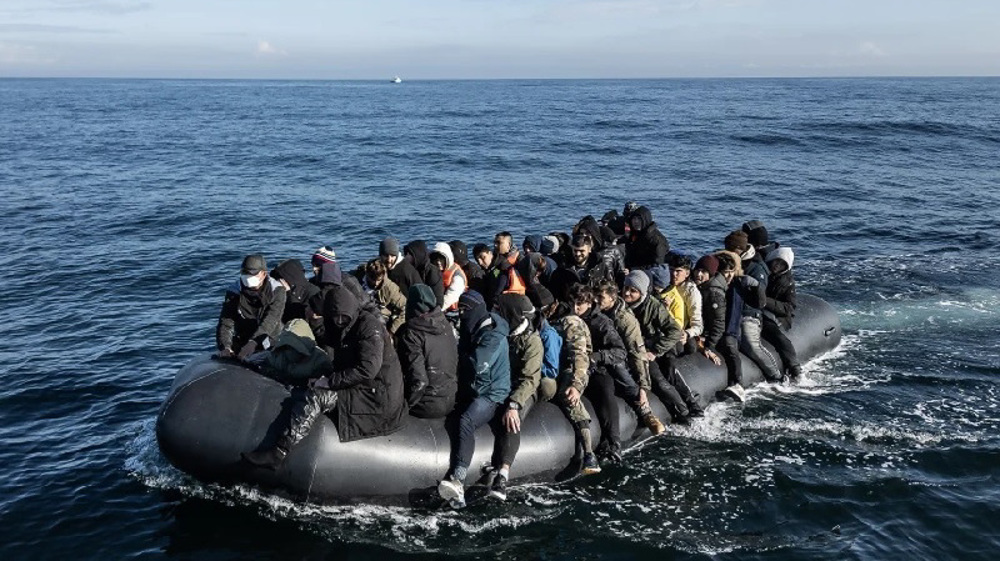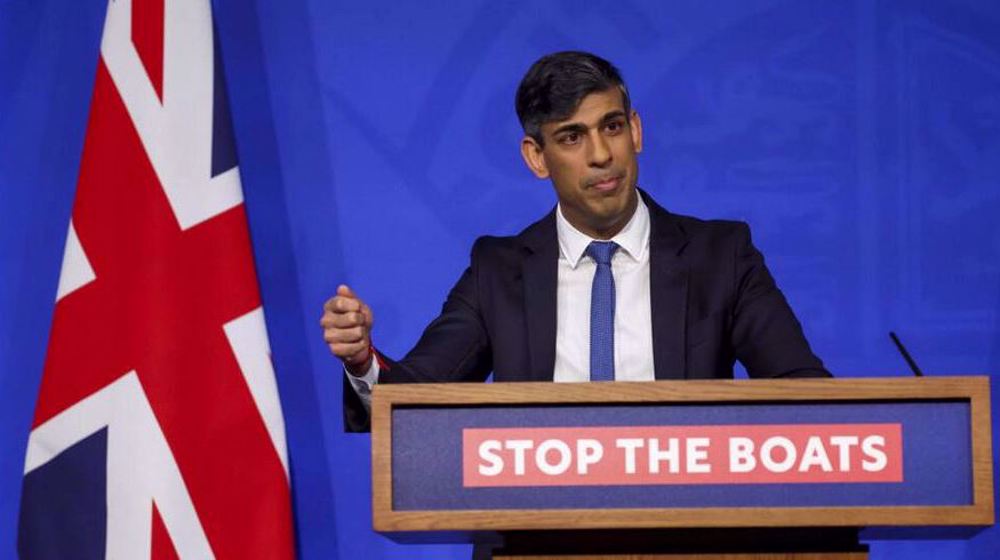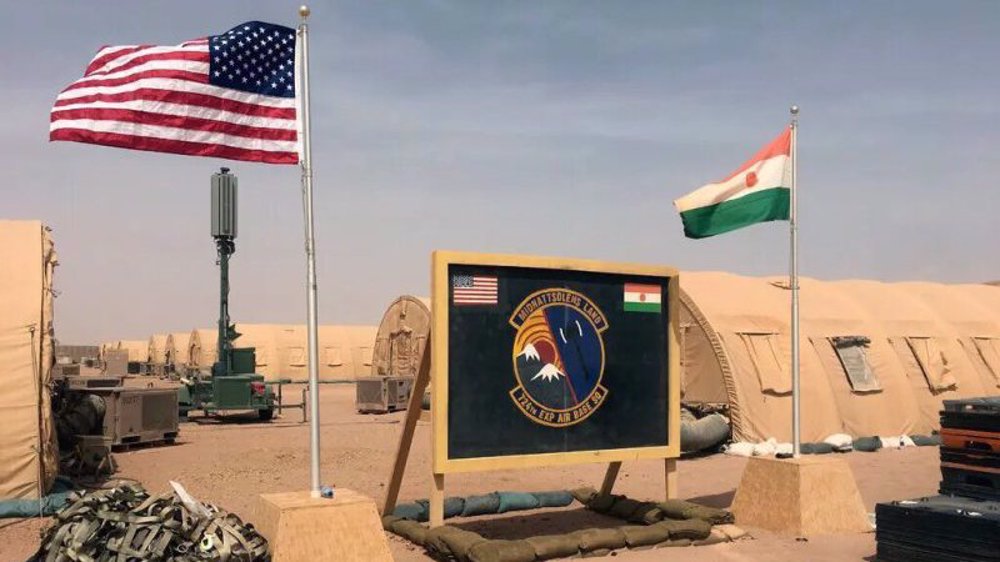Burundi rejects UN deployment of police force
Burundi has rejected the deployment of a United Nations police force to the violence-wracked African nation, saying the France-drafted resolution authorizing the security contingent was made without Bujumbura’s consent.
“The government of Burundi rejects every aspect of this resolution linked to the deployment of any force on its territory,” spokesman Philippe Nzobonariba said in a statement released on Tuesday, adding that the resolution was “in violation of the fundamental principles required of the UN family and above all violating its sovereignty.”
Burundi’s strong response come after the UN Security Council (UNSC) on Friday authorized to dispatch of up to 228 officers to Bujumbura and elsewhere throughout the west African country for an initial period of one year, in an attempt to provide the council, according to French Ambassador Francois Delattre, with “eyes and ears” on the ground to provide early warning of possible mass atrocities.
The planned deployment of the contingent has aroused fury from the country’s authorities, who initially agreed to accept no more than 50 officers
The country’s authorities initially agreed to accept no more than 50 officers, but now infuriated by the UN planned deployment of 228-strong contingent, have rejected even the 50-strong security force.
Nzobonariba went on to say that any UN resolution must be approved by the affected country, which was “unfortunately not the case,” in Friday’s vote, adding that the world body should reconsider the controversial move as Burundi’s own security forces were “in perfect control of the situation" across the country.
The UNSC resolution also called on UN Secretary-General Ban Ki-moon to ensure a “progressive deployment” of the new force to monitor human rights violations and abuses in Burundi.

Burundi has been convulsed by turmoil since April 2015, when President Pierre Nkurunziza announced his bid to compete for a third presidential term, sparking widespread protests.
The opposition stood against the move, arguing that the president's decision was in breach of the Constitution, which allows the president to run for two successive terms.
Since then, more than 500 people have been killed, many of them in extrajudicial executions blamed on Burundian police, security forces and militias linked to the ruling party, according to a UN report. At least 270,000 others have also fled the country.
In December 2015, United Nations High Commissioner for Human Rights Zeid Ra’ad Zeid Al Hussein expressed concern that the country risks relapsing into a civil war.
Back in April, the presidents of South Africa, Ethiopia, Gabon, Mauritania and Senegal were appointed by the African Union to travel to Burundi in a bid to find a way to make peace between the Burundian government and the opposition, but failed.
Between 1993 and 2005, around 300,000 people died in Burundi as a result of a civil war fought along ethnic lines.
Yemeni forces strike Israeli ship, Port of Eilat in solidarity with Gaza
Columbia, Yale students bent on ending US support for Israeli genocide
VIDEO | Genocide in Gaza
Iran calls on BRICS to play role in stopping Israeli crimes
President Raeisi’s historic visit opens new chapter in Iran-Pakistan ties
Russia: Poland’s talks on hosting US nuclear weapons ‘dangerous’
VIDEO | Israel’s genocide bounty
India’s home minister vows to end Muslim reservation if his party wins













 This makes it easy to access the Press TV website
This makes it easy to access the Press TV website